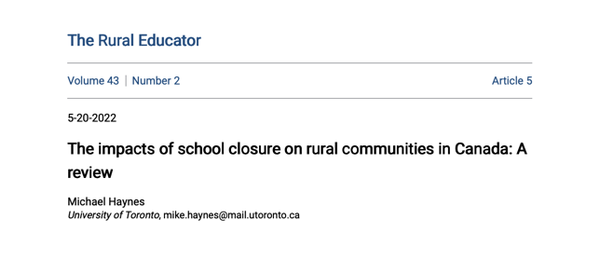Whether you’re an in-person or virtual attendee, we know you want meaningful opportunities to connect with speakers, exhibitors, and other attendees at the 2022 National Forum to Advance Rural Education. That’s why we’ve designed several new event features that help increase engagement and communication for all attendees, including: - Livestreamed general sessions
- In-person and virtual exhibits
- Surprise and delight features
|
|
| Equity, Diversity, and Inclusion Team (EDIT) Summer Book Study |
| In keeping with NREA’s 2022 conference theme, the Equity, Diversity, and Inclusion Team (EDIT) will sponsor an informal book study this summer on Raising Rural: A Fair Chance for a Good Life, we will read Sarah Frey’s The Growing Season – How I Built a New Life – and Saved an American Farm. Using Frey’s narrative as a catalyst for discussions, we will explore creative and cooperative action around three strands: community, agency, and creativity from diverse perspectives. We will meet via Zoom in June, July, and August from 7:00 – 8:00 p.m. EST – on the second Monday of each month. Participants are not required to attend every session. Come as you are, whenever you can!
For more information please contact NREA via email. |
|
|
|
| Maria Constantine manages the Columbus Village Library, which has the only 24/7 open-access high-speed internet connection within miles of the small New Mexico border town of 1,600. “When I first got here, I used to shut off the Wi-Fi at night,” said Constantine, who started the job in 2018. “Then one night, I saw a kid with his mom in the car, doing homework. I’ve left it on for 24 hours since then.” New Mexico consistently ranks toward the bottom among states for internet access, and nearly 25% of students lack access. Columbus, New Mexico, is located in Luna County, an area about as large as Delaware and Rhode Island combined that is home to about 25,000 people scattered between Columbus, the town of Deming, and miles of rugged desert. |
| | Read More |
|
|
| In February 2020, Allen Fort was tired — tired of all of the “yak, yak, yak” without any meaningful change to help rural, poorer districts like his. Fort was planning to retire after more than four decades as an educator. But then the pandemic erupted. He stayed. |
| | Read More |
|
|
|  |
Abstract In rural Canada, the issue of school closures and consolidations due to low enrollment and heightened fiscal constraints has become a contentious and highly-charged issue for citizens and communities. This literature review synthesizes the major effects of school closure on rural communities, identifying economic impacts, social impacts, and implications for students. The historical context of Canadian rural schools, notions of rurality, urbanormativity and local complexity, along with considerations of urban-centered educational policy, are overarching themes identified in the rural school literature. These concepts were found to subsequently perpetuate the economic, social, and student-centered impacts reported. A relative dearth of research focusing on the community-level impacts of rural school closure, particularly in the Canadian context, supports the need for further in-depth studies that address gaps in the literature. These findings could in turn be used in the development of future educational policy which acknowledges rurality for rural Canadian communities. |
| | Read More |
|
|
| Abstract School change efforts often rely on formal organizational structures to support educators' knowledge of new instructional practices. Rural districts face challenges accessing the resources necessary for robust structures, but informal relationships among educators are often strong. Using structuration theory as a lens, this paper examines the knowledge-building behaviors of educators in one rural school district regarding new instructional practices related to a recent initiative. A thematic analysis of interviews with a purposive sample of district educators reveals that, in the absence of robust formal supports, educator agency was critical for establishing informal knowledge-building structures that supported knowledge-sharing within district schools. These findings suggest that rural districts would benefit from attending to structures and routines that support social interaction in order to leverage educator agency during change implementation. |
| | Read More |
|
|
| We Can Do This! SPREAD THE WORD! |
|
|
|
Join us to spread awareness to keep our communities safe from COVID-19! Learn more and download the Twitter toolkit here: http://ow.ly/H2Fp50JrTsP |
|
|